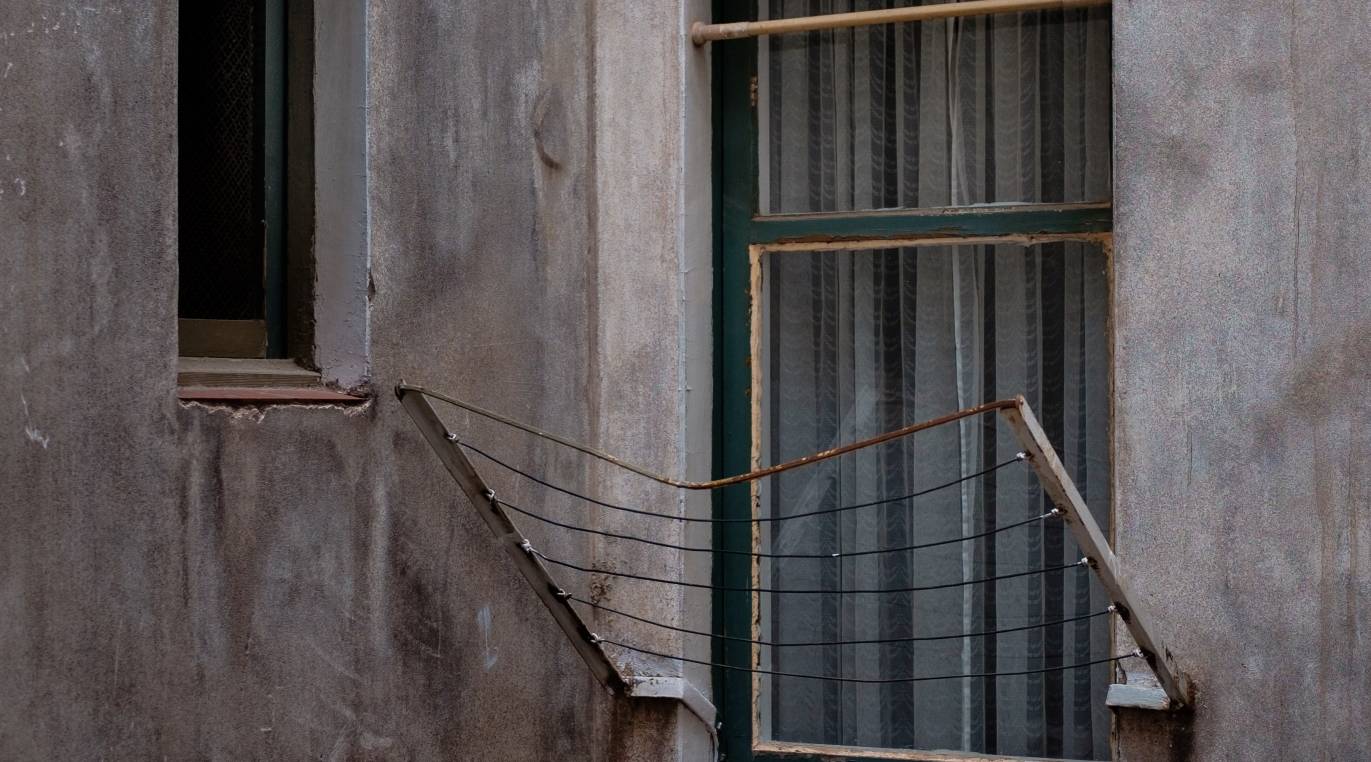
Spain
Capital city — Madrid
Latest updates
Collective movements are recorded
-
The law provides for a sentence adjustment system
-
A total of 4,356 prisoners have been freed since the beginning of the Covid-19 pandemic.
Prisoners are allowed to make external phone calls
The rules allow five telephone calls per week (article 47). The prison authorities usually allow two calls, but the number varies according to the establishment and the detention regime. Each call is limited to five minutes.
Inbound calls are forbidden.
-
The number of telephone calls prisoners are allowed to make has increased from 10 to 15 per week. A free telephone is provided for those who are in financial difficulties. Telephone calls have been the only way for prisoners to maintain links with their families and seek legal help since visits were suspended.
Prisoners have access to video calls with external contacts
Inmates who have not had any visitors for a period of at least four months can request access to video-conferencing facilities.
-
Teixeiro, Bonxe and Monterroso prisons have organised 10-minute video calls between prisoners and their families. Priority has been given to sick prisoners, young parents, and those with financial difficulties. Lama and Pereiro prisons have been awaiting the delivery of mobile phones so that they can implement this measure.
The legislation provides for a sentence adjustment for pregnant women or women with young children
-
18 female inmates who were imprisoned with their children younger than three have been released under electronic supervision since the beginning of the Covid-19 pandemic.
The law provides for a temporary release system
-
In the context of the Covid-19 pandemic, temporary leave is possible once again in some prisons in the country.
Every prison facility has a health care unit
-
On 11 April the justice minister announced the creation of a field hospital inside Quatre Camins prison to treat prisoners suffering from Covid-19.
All prisoners are allowed to work
-
Work has recommenced in 11 prisons where Covid-19 hygiene measures can be put in place.
All prisoners have the right to receive visits
Each inmate has the right to two “ordinary” visits per week lasting for 20 minutes each, or a single visit of 40 minutes. “Ordinary” visits are permitted to inmates classed as “first and second grade”. “Third grade” inmates only have restricted daytime visits during their working hours.
-
Visits without a separation device (‘vis a vis’) have been suspended once again in Catalan prisons, and must now be carried out through a screen. Ponent prison in Lleida is not accepting visitors at all. Parcels sent to prisoners are held in quarantine for 72 hours before being delivered. There are plans for a video call service to allow prisoners to contact their families.
-
Visits were allowed to resume from 14 May 2020.